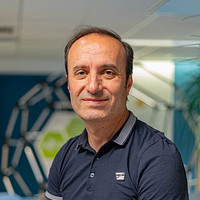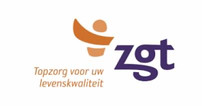DIAMOND2
DIAgnosis and MONitoring of Diabetes type 2
Over a million people in the Netherlands have type 2 diabetes (T2D), which is strongly related to overweight, and many more people are at-risk. A carbohydrate-rich diet and insufficient physical activity play a crucial role in these developments. It is essential to prevent T2D, because this condition is associated with a reduced quality of life, high healthcare costs and premature death due to cardiovascular diseases.
The hormone insulin plays a major role in this. This hormone lowers the blood glucose concentration through uptake in body cells. If an excess of glucose is constantly offered, initially the body maintains blood glucose concentration within normal range by releasing higher concentrations of insulin into the blood, a condition that is described as “prediabetes”. In a process of several years, this compensating mechanism will eventually fail: the blood glucose concentration increases resulting in T2D.
In the current healthcare practice, T2D is actually diagnosed by recognizing only elevated blood glucose concentrations, being insufficient for identification of people who have prediabetes and are at-risk to develop T2D. Although the increased insulin concentrations at normal glucose concentrations offer an opportunity for early identification/screening of people with prediabetes, there is a lack of effective and reliable methods/devices to adequately measure insulin concentrations.
An integrated approach has been chosen for identification of people at-risk by using a prediabetes screening method based on insulin detection. Users and other stakeholders will be involved in the development and implementation process from the start of the project. A portable and easy-to-use demonstrator will be realised, based on rapid lateral flow tests (LFTs), which is able to measure insulin in clinically relevant samples (serum/blood) quickly and reliably. Furthermore, in collaboration with healthcare professionals, we will investigate how this screening method can be implemented in practice to contribute to a healthier lifestyle and prevent T2D.
Funded by:
Regieorgaan SIA (RAAK PRO Project)
Involved group members

















